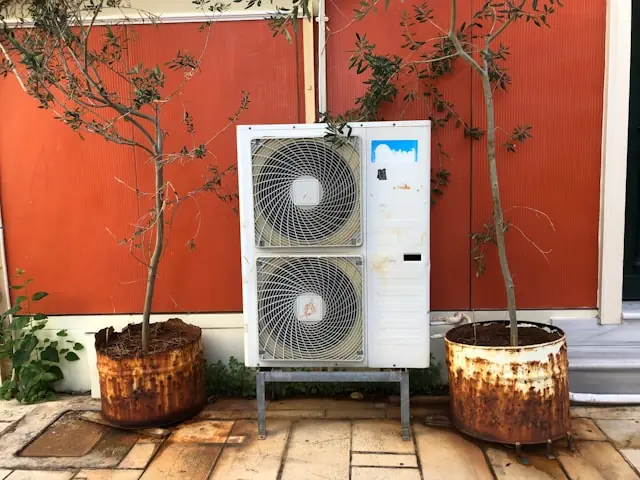When a process line heats up or a server room needs steady temperatures, portable chillers step in as quiet heroes. The big decision is whether to buy one outright or rent from a specialist at http://aercosystems.com who delivers the unit, sets it up, and keeps it humming. For many operations, renting a modern portable chiller is the faster, safer, and more cost-aware move, especially when demand and environments shift.
Fun fact: Chillers are responsible for a significant portion of a commercial building’s energy use because they remove heat not once but continuously as loads fluctuate.
No Storage Worries
Owning a chiller means owning the space problem too. You need a clean, protected area for off-season storage, plus procedures to prevent corrosion, oil breakdown, and electrical component degradation. Renting eliminates that burden. When the project wraps or the season changes, the unit goes back to the provider. No yard space tied up. No long-term mothballing plan. No surprise repair when you pull it out next year.
A reputable rental partner will also right-size the footprint for your site. That means you get a compact unit when space is tight or a higher-capacity unit with quick-connects when you have room to spare. If your facility has strict access paths or weight limits, the provider can spec a format that fits without forcing construction detours.
Easy Upgrades When Needs Change
Thermal loads rarely stay the same for long. Maybe production expands, a new CNC cell comes online, or summer peaks hit harder than expected. Owning locks you into a single nameplate capacity. With rental, you can upgrade to a larger tonnage, swap to a low-temperature configuration, or add redundancy without touching capital budgets.
Rental flexibility shines during commissioning and R&D too. You can trial different setpoints, pumps, and fluid mixes while the process is still evolving. When the data says you need more flow, the provider swaps in a unit with higher pump head or adds a buffer tank for stability. Your system evolves without stranded costs.
Fun fact: A 1 degree Celsius drop in chilled water temperature can improve certain process yields noticeably, which is why dialing in the setpoint during trials is such a big deal.
Full Service Included
Buying a chiller means you own the maintenance calendar. Filters, glycol concentration checks, leak tests, compressor diagnostics, and seasonal startups all land on your team. Rental turns that into a service line item. Qualified techs handle delivery, electrical and hose connections, commissioning, and ongoing maintenance. If something misbehaves, you get practical troubleshooting and, if needed, a rapid swap to keep uptime intact.
You also benefit from a provider’s fleet standards. Units are inspected between jobs, logged for operating hours, and updated with the latest controls. That means you’re not worrying about firmware, spare parts, or training someone new the week your lead tech goes on vacation.
When Buying Might Make Sense
There are cases where purchase wins. If your load is stable year-round, capacity is well understood, and you have an in-house team for service, ownership can pencil out over a long horizon. The catch is the total cost of ownership. Budget for installation, periodic overhauls, emergency repairs, and power quality controls that protect sensitive electronics. Many teams still choose a hybrid approach: own the base load chiller and rent during maintenance, heat waves, or peak season.
How to Choose the Right Rental Partner
Choosing well is as important as the rent versus buy call. Look for a provider that offers quick sizing help, transparent service terms, and fast response if conditions change. If you want a straightforward example of what good looks like, consider a provider whose portable chiller rental units page lays out capacities, accessories, and service support clearly, with minimal jargon and obvious next steps. That kind of clarity signals a team that values uptime and accountability from first inquiry to pickup.
A quick checklist to keep handy:
- Confirm available tonnages, pump curves, and setpoint ranges that match your process.
- Ask about lead times, delivery windows, and after-hours support.
- Clarify what’s included: hoses, power cabling, fluid, startup, maintenance, and swap policies.
Renting a portable chiller removes the nagging costs that don’t show up on the sticker price of ownership. No storage worries means you free up space and headcount. Easy upgrades mean your cooling scales with your business instead of limiting it. Full service included means fewer surprises and faster recovery when something shifts. If your goal is reliable cooling with minimal friction, rental is often the most practical path. And when you’re ready to compare options, reviewing a clear, well-organized rental page from a specialist provider can help you choose confidently and move from hot problem to cool solution without slowing down your day.

Leave a Reply